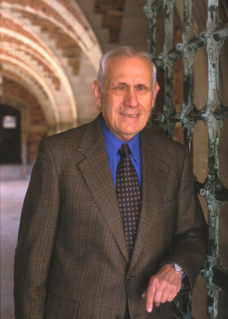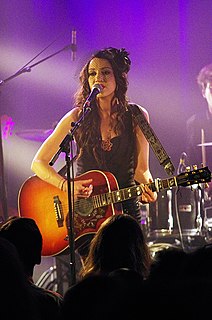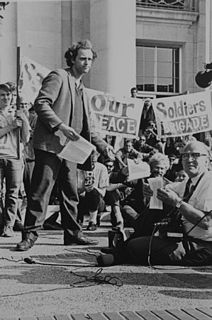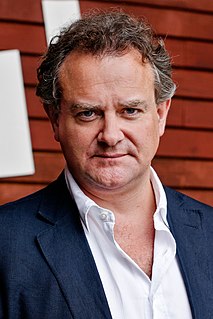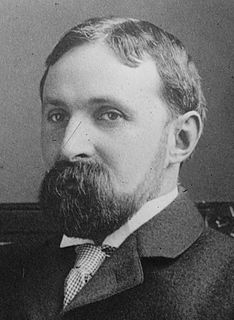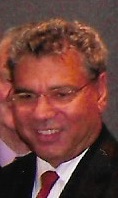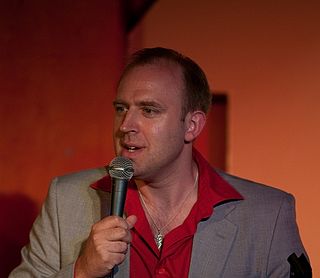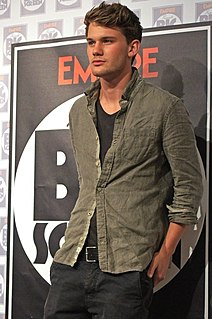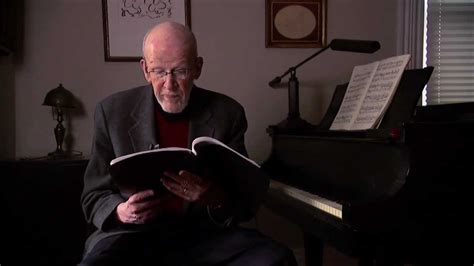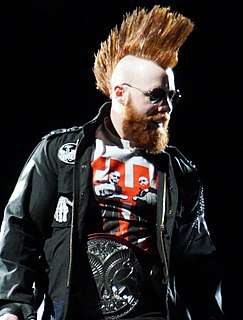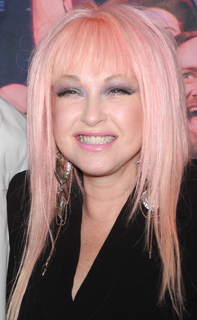Top 1200 Reading History Quotes & Sayings
Explore popular Reading History quotes.
Last updated on April 14, 2025.
We work with tweens. Middle school grades. That's a key time in a young person's literary history. That's the time when they're still open to reading, but there are other things that are starting to interest them that can pull them out of their reading habits. It's a critical time to make the reading habits stick, but at the same time it's not pulling teeth to try to get them to read in the first place.
My personal view is that reading has to be balanced. Obviously, there's a certain amount of reading that we have to do academically to continue to learn and to grow, but it's got to be balanced with fun and with elective reading. Whether that's comic books or Jane Austen, if it makes you excited about reading, that's what matters.
I grew up in this household where reading was the most noble thing you could do. When I was a teenager, we would have family dinners where we all sat there reading. It wasn't because we didn't like each other. We just liked reading. The person who made my reading list until my late teen years was my mom.
For the last episode [of Downton Abbey], you'll need some handkerchiefs. I needed handkerchiefs reading it. It wasn't because it necessarily moved me while reading it, but it was the experience of reading it when I realized it was the last time I was ever going to be reading one of those scripts. That was quite terminal.
When I went to high school - that's about as far as I got - reading my U.S. history textbook, well, I got the history of the ruling class. I got the history of the generals and the industrialists and the presidents that didn't get caught. How 'bout you? I got all of the history of the people who owned the wealth of the country, but none of the history of the people that created it.
I did not know much history when I became a bombardier in the U.S. Air Force in World War II. Only after the War did I see that we, like the Nazis, had committed atrocities... Hiroshima, Nagasaki, Dresden, my own bombing missions. And when I studied history after the War, I learned from reading on my own, not from my university classes, about the history of U.S. expansion and imperialism.
Reading is everything. Reading makes me feel like I've accomplished something, learned something, become a better person. Reading makes me smarter. Reading gives me something to talk about later on. Reading is the unbelievably healthy way my attention deficit disorder medicates itself. Reading is escape, and the opposite of escape; it's a way to make contact with reality after a day of making things up, and it's a way of making contact with someone else's imagination after a day that's all too real. Reading is grist. Reading is bliss.
I'm an expert at killing time on planes now. I do a lot of reading. My secret sort of nerdy side is I'm quite into history so I read a lot of history books. Now I write for a few things and I've had a few history things published, which is cool. I indulge my nerdy side and it's kind of as far away as you can get from the acting world so that's nice as well.
I was always told that I was good in mathematics, and I guess my grades and standardized test scores supported that. My worst subjects were those that generally involved a lot of reading - English and history. So, having good test scores in math and mediocre ones in reading, I was naturally advised to major in engineering in college.
An acquaintanceship with the literature of the world may be won by any person who will devote half an hour a day to the careful reading of the best books. The habit of reading good books is one that gives great comfort in all the stages and among all the vicissitudes of life. The man who has learned to love good reading is never alone. His friends are the great ones of human history, and to them he may always go for stimulating and helpful communion. -GQ 71
Teenagers are always sneaking around in drawers where they shouldn't go and reading things they shouldn't be reading. And that's an attempt to try, I think, to penetrate, that's how I found out as a teenager what was going on, was by sneaking into drawers and reading letters that I had no business reading.




